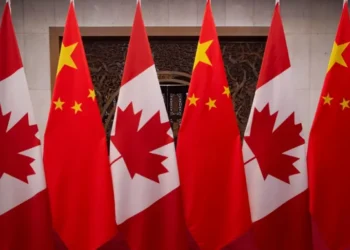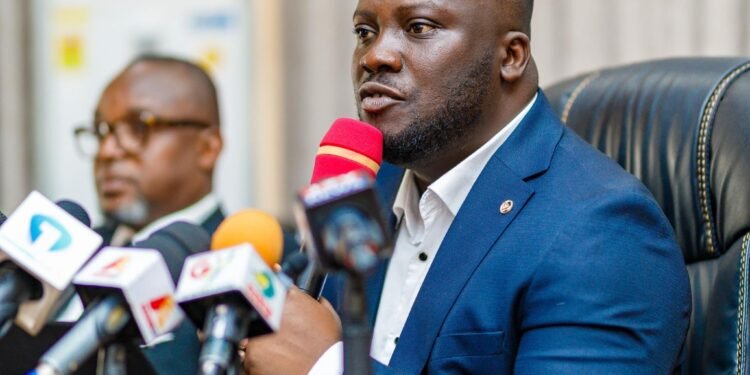Prime Minister of Bangladesh, Sheikh Hasina has resigned after weeks of unrest.
According to local news reports, the Prime Minister resigned and left the country on Monday, August 5, 2024.
In an address to the nation, General Waker-Uz-Zaman, the chief of army staff, confirmed that Sheikh Hasina resigned, adding that an interim government would now run the country.
He urged citizens to trust in the army, which, he said, would return peace to the country.
“We will also ensure that justice is served for every death and crime that occurred during the protests,” he said as he called on the public to exercise patience and cease any acts of violence and vandalism.
“We have invited representatives from all major political parties, and they have accepted our invitation and committed to collaborating with us,” the General added.
General Waker-Uz-Zaman voiced that there is no need for a curfew or a state of emergency in the country.
He urged protesters to give the army “some time” as he promised them that the armed forces will find a solution.”
The army chief also urged student protesters to “stay calm and go back home.”
Before his address, the army chief held talks with major political parties, including the opposition, Bangladesh Nationalist Party (BNP).
He said that representatives of all the main political parties were present in discussions with the army.
Hasina first served a term as Prime Minister in 1996 but lost to Khaleda Zia five years later. The pair were then imprisoned on corruption charges in 2007 after a coup by a military-backed government.
She won a landslide in 2008 and had been in power since.
She was once called a “democracy icon” in Bangladesh for her fight against a military regime.
However, in her 16-year-long stint since 2009, the Awami League party’s chief was seen as an “authoritarian” leader, accused of rights abuses and a crackdown on opposition.
The 76-year-old won her fourth straight term in a controversial election in January this year, which was boycotted by the main opposition Bangladesh Nationalist Party (BNP) and marked by a low turnout.
People rushed to the streets of Dhaka to celebrate Hasina’s resignation.
Political Analyst, Mubashar Hasan called the scenes of jubilant crowds in Dhaka “a moment of celebration, a moment of victory.”
He said that it feels “like a second independence of Bangladesh.”
He stated that “[Hasina] started a culture of fear by forcefully disappearing people and by extra judicially killing people,” as well as violently cracking down on any dissent.
He said in the last few weeks, the country has seen “indiscriminate killing” with the “state institutes politicised” and acting as “if they are an extension of a political party.”
“This is a watershed moment; people have had nowhere to go to seek justice, the courts were politicised, the police were politicised,” the analyst noted.
Tough Road Ahead For Army
Speaking with a news agency, Irene Khan, the UN special rapporteur on freedom of expression and opinion, opined that the army has stopped “further bloodshed,” but it has a “very tough job ahead” after promising to create an interim government.
“We are all hoping that the transition would be peaceful and that there will be accountability for all the human rights violations that have taken place recently including the killing of about 300 people in the last three weeks.
“Bangladesh has, of course, an enormous task ahead. It is not the poster child of sustainable development anymore.”
Irene Khan
Khan added, “The previous government had driven this country into despair, and there would be a lot of hard work to do to build it up but most of all I think its extremely important that the army respect human rights.”
READ ALSO: CPP Criticizes President Akufo-Addo’s Founders’ Day Remarks as “Unfortunate Gaffe”























